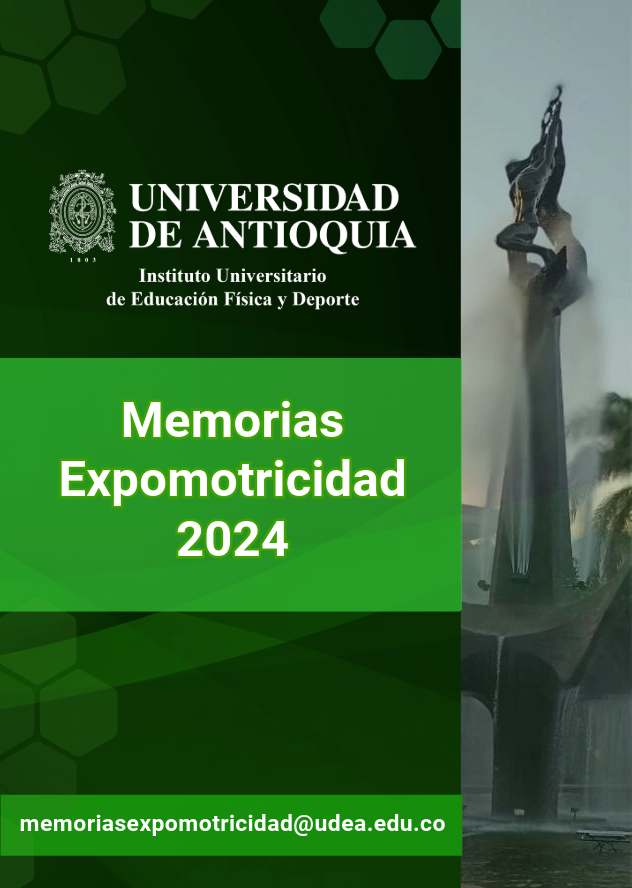The body, the care and the educational territory: reflections and experiences of teachers
Keywords:
self-care, teaching experience, pandemic, pedagogy of careAbstract
Caring involves a plurality of social factors, unites self-awareness and self-transformation, and achieves self-management for integration into the world. In education, caring must make the person aware of human frailty and lead him or her to freedom. Caring is an ethical and aesthetic concern for one's own life and the lives of others. In the case of teachers, caring arises from their personal and emotional willingness to become more involved with students who need support beyond the academic. Man, on the other hand, as a political animal, creates scenarios for action and expression. In this sense, territory is less extensive than intense: it is a physical and symbolic space, dynamic and relational, where historical-social relations are built through a creative process of desires and affections. A community view of caring raises the question: Are teachers' caring actions connected to each other and to others, or are they isolated and dependent on individual initiative? Therefore, the objective of this study was to understand the conceptions of body care derived from the COVID-19 pandemic among teachers from three Colombian faculties of education through the narratives that shaped their educational territories. Ontological-political hermeneutics was used as a method of analysis and the narrative interview as a data collection tool. In conclusion, according to several authors, the denial of the experience of care, in which people can share a bodily experience, leads to the repression of one's own feelings in extreme situations, makes invisible the decision to set personal limits, and shows how the body itself wants to come into contact with another, becoming a passive recipient of their pain, emotions and hopes.
Downloads
References
1. Arendt, H. (2020). La condición humana. Austral.
2. Carrillo Rodríguez, E. A. (2020). Cuerpos-Agua: defensa y cuidado del territorio a través de la experiencia de las mujeres de la Escuela Campesina de Chapacual, Nariño [Trabajo de pregrado, Pontificia Universidad Javeriana]. http://hdl.handle.net/10554/49785
3. Contreras Gálvez, A. (2018). El cuerpo como territorio escénico del cuidado. Revista Bricolaje, (3), 79-81. https://revistaethika.uchile.cl/index.php/RB/article/view/51595
4. Farina, C. (2018). La formación del territorio. Saber del abandono y creación de un mundo. Expomotricidad, (2007), 1-12. https://revistas.udea.edu.co/index.php/expomotricidad/article/view/332898
5. Foucault, M. (1984). Historia de la sexualidad 3. La inquietud de sí. Siglo XXI Editores.
6. Foucault, M. (2008). Topologías (dos conferencias radiofónicas). Fractal, 13(48), 39-62. https://www.mxfractal.org/RevistaFractal48MichelFoucault.html
7. Garcés Giraldo, L. F., y Giraldo Zuluaga, C. (2013). El cuidado de sí y de los otros en Foucault, principio orientador para la construcción de una bioética del cuidado. Discusiones Filosóficas, 14(22), 187-201. http://190.15.17.25/discusionesfilosoficas/downloads/Discusiones14(22)_12.pdf
8. Hadot, P. (2002). Philosophy as a Way of Life: Spiritual Exercises from Socrates to Foucault. Blackwell Publishing.
9. Matoso, E. (2008). El cuerpo, territorio escénico. Letra Viva.
10. Mélich, J. C. (2016). La prosa de la vida. Fragmentos filosóficos II. Fragmenta.
11. Orihuela, M. (2019). Territorio: un vocablo, múltiples significados. AREA, 25(1), 1-16. https://www.publicacionescientificas.fadu.uba.ar/index.php/area/article/view/288
12. Rancière, J. (1996). El desacuerdo. Política y filosofía. Ediciones Nueva Visión.
13. Sanchís, N. (2020). El cuidado comunitario en tiempos de pandemia… y más allá. Asociación Lola Mora. https://asociacionlolamora.org.ar/el-cuidado-comunitario-en-tiempos-de-pandemia-y-mas-alla/
14. Steiner, G. (2004). Lecciones de los maestros. Siruela.
15. Vignal, S. P. (2011). Cuidado de sí y cuidado del otro. Aportes desde M. Foucault para pensar relaciones entre subjetividad y educación. Contrastes. Revista Internacional de Filosofía, 17, 307-324. https://revistas.uma.es/index.php/contrastes/article/view/1152
Downloads
Published
How to Cite
Issue
Section
License
Copyright (c) 2024 Juan Álvaro Montoya Gutiérrez, José Federico Agudelo Torres, Catalina María Sepúlveda Zapata, Andrés Felipe Correa Castaño, Sebastián Restrepo Moncada

This work is licensed under a Creative Commons Attribution-NonCommercial-ShareAlike 4.0 International License.




